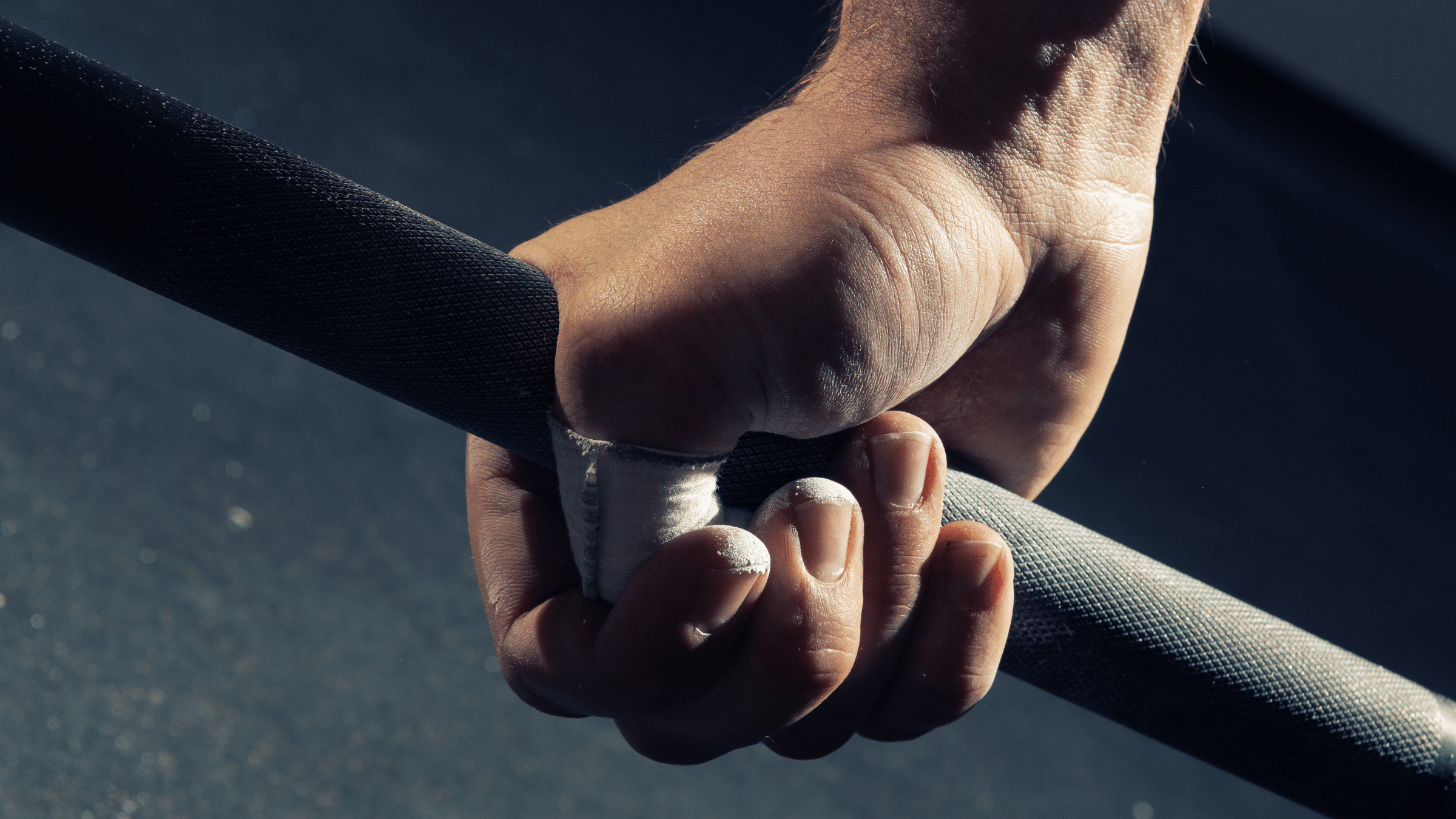Most people know that having some sort of cycling in their diet produces the best results. It may be carb cycling, it may be a cyclic ketogenic diet, it may simply be having occasional cheat days. However, all of these have one major drawback: They’re all process-oriented rather than goal-oriented.
The goal is to drop fat, right? The goal isn’t just to stick to a diet.
You assume that if you stick to the diet, you’ll drop fat. However, we all know this isn’t always the case. It’s not uncommon to see great results for a few weeks, then plateau hard despite sticking to the plan.
So how do you fix this? You add a concrete, short-term goal into the mix.
You see, it’s difficult to look at a huge diet goal and resolve to take it down in one fell swoop. I think that’s the main reason people obsess over the PROCESS of dieting rather than the RESULTS of dieting. If you stick to the plan, you get the gratification of knowing you stuck to the plan. If the only results you care about are your long-term fat loss goal, you don’t get any psychological pay-off until you reach your goal.
So here’s the fix: cycle your diet in one or two pound increments.
Let’s say you want to lose 20 pounds (from 200 to 180, for example). Make losing 2 pounds your most pressing goal. You diet hard for a few days, and when the scale says 198, it’s time for a carb-up or cheat meal. Then, simply diet hard until the scale reads 196 before your next refeed.
This approach is superior to the typical route of having one cheat a week. What if you lose the pound or two you were aiming for in 5 days? Or what if by the end of a week, you haven’t lose any weight at all? Having a short-term goal ensures your carb ups/refeeds/cheats don’t end up detracting from your goals.
This approach is also an easier route psychologically. You get the mental reward of making measurable, concrete progress toward you goal, and you get the physical reward of a break from the diet. If you simply have planned cheats, you get the physical reward of the food, but not the psychological reward of know the food was because you had accomplished something concrete.
So, there’s the tip. Use it to break through your dieting plateaus, and simply to make dieting a less stressful process.



